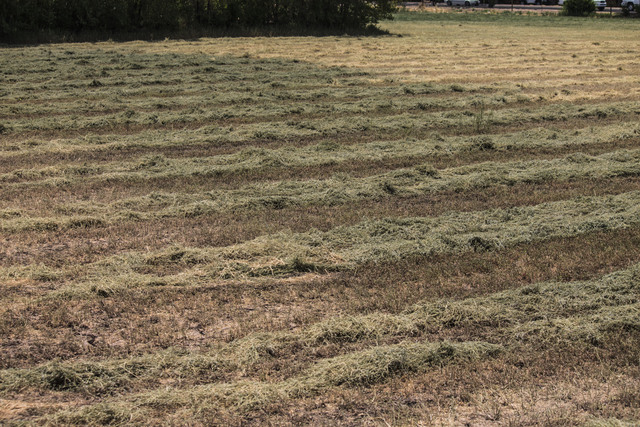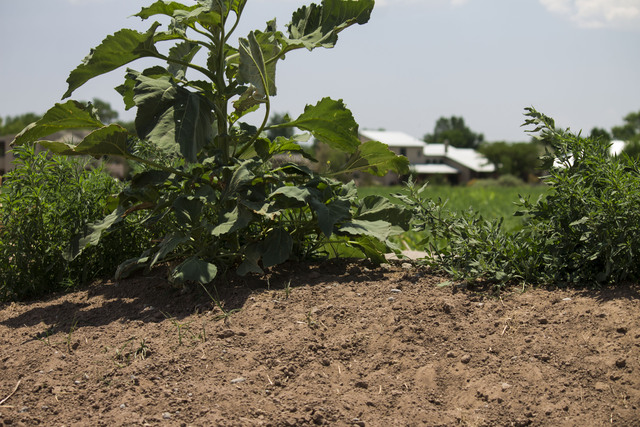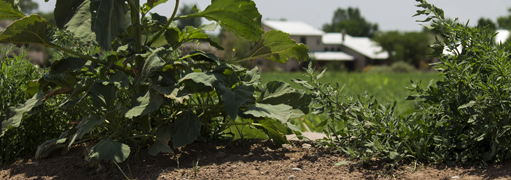Carrying Water For Mother Nature: Constant Drought Alters Community Farm Model
Constant Drought Alters Community Farm Model


Survival not assured
Barron Jones

Latest Article|September 3, 2020|Free
::Making Grown Men Cry Since 1992


Survival not assured
Barron Jones


